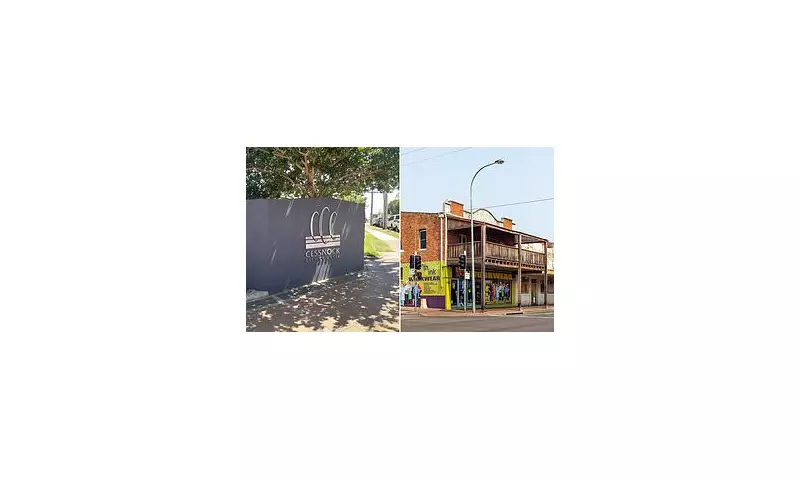
Residents in New South Wales' Hunter Valley are up in arms over their local authority's controversial proposal to increase council rates by nearly 40 per cent.
Financial Burden on Households
Cessnock City Council is seeking approval for a permanent Special Variation that would see rates rise by a cumulative 39.9 per cent, to be implemented in the 2026-2027 financial year. This dramatic increase could cost the average household an additional $1,040 each year, creating significant financial pressure for families already struggling with the cost of living.
The council claims the substantial hike is necessary to address its $8.1 million deficit and ensure financial sustainability after years where costs have significantly outpaced revenue. According to council documents, 'required expenditure for staff, materials, and contracts exceeds its revenue'.
Community Backlash and Petition
The proposal has been met with fierce opposition from residents, who have launched a Change.org petition that has gathered at least 1,700 signatures demanding the rate hike be stopped.
Petition organiser Mike Seale articulated the community's concerns, stating: 'Living in Cessnock, NSW, I've felt the burden of continuously increasing council rates... We all strive tirelessly each month just to make ends meet.'
He described the proposed increase as 'not just unimaginable but genuinely alarming' and warned that local businesses could 'crumble' under the additional financial pressure.
The petition has become a platform for residents to share their struggles:
- A disabled pensioner with two young children questioned how they would afford the increase when barely managing day-to-day expenses
- A working widow expressed fears that the 39 per cent hike would see her 'go under' financially
Council's Position and Alternative Scenarios
The council has provided detailed breakdowns of how the increase would affect different property types:
- Average residential households: Additional $596 annually
- Farmland residents: Additional $1,360 annually
- Businesses: Additional $2,070 annually
Council officials have warned that without the Special Variation approval, they would need to make severe cuts to services and infrastructure work, claiming the community 'would not find the resulting significant decline in infrastructure and services acceptable'.
The authority acknowledges the potential hardship the increase might cause and has committed to improving its current hardship policy. The council is conducting community engagement, having held six public meetings over a recent weekend period, with a community survey closing on November 17.
The final decision rests with the Independent Pricing and Regulatory Tribunal (IPART), which will consider both the council's financial arguments and the significant community opposition before ruling on the permanent Special Variation application.





